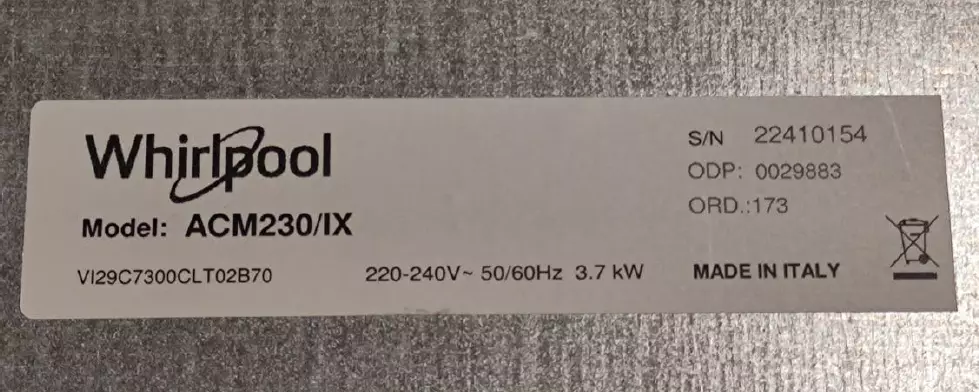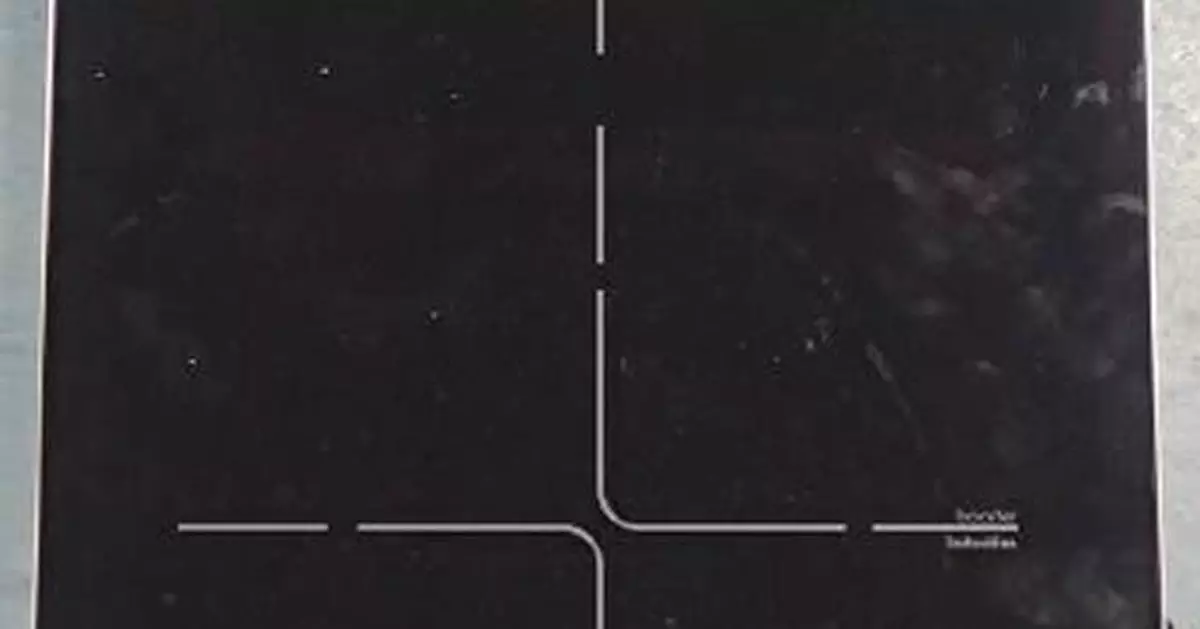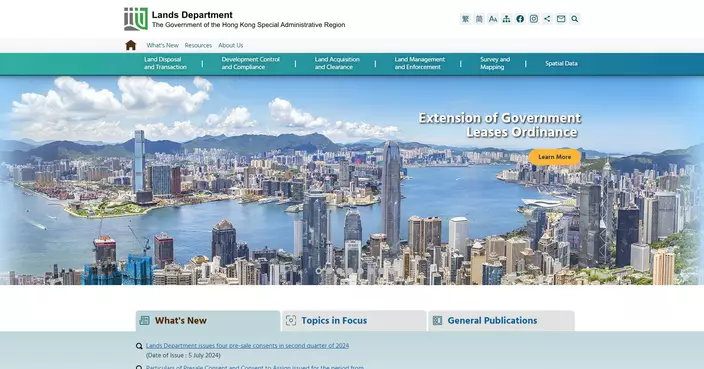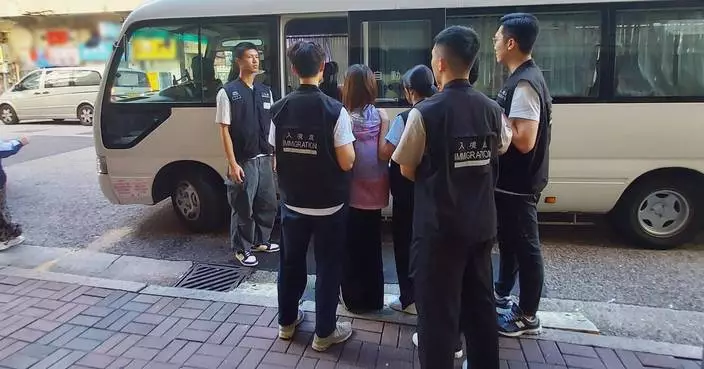Emsd bans whirlpool induction cooker model acm230/ix in hong kong due to energy efficiency concerns
The Electrical and Mechanical Services Department (EMSD) today (July 3) removed one induction cooker model from the record of listed models under the Energy Efficiency (Labelling of Products) Ordinance. Supply of this product model is no longer allowed in Hong Kong with immediate effect.
Details of the product are as follows:
Induction cooker
Importer/
Hotline/
Email |
Brand |
Model |
Reference number |
Whirlpool (Hong Kong) Limited
3759 8155
cs@whirlpool.com.hk |
Whirlpool |
ACM230/IX |
I200038 |

The EMSD administers the Mandatory Energy Efficiency Labelling Scheme in accordance with the Ordinance and selects samples of the listed models regularly for conducting compliance monitoring tests to check whether they conform with the energy efficiency and performance characteristics submitted to the EMSD. As the test result of the product concerned showed that it failed to reach the relevant energy efficiency and/or performance characteristics, the EMSD has decided to remove this product model from the record of listed models.
The EMSD has served a notice under the Ordinance to the importer concerned. The importer will publish a newspaper notice to announce the termination of supply of the product concerned.
Members of the public can contact the above importer for enquiries.

Supply of one induction cooker model forbidden in HK Source: HKSAR Government Press Releases

Supply of one induction cooker model forbidden in HK Source: HKSAR Government Press Releases
Chp urges public vigilance as dengue fever cases rise in hong kong and globally, emphasizes importance of mosquito control and personal protective measures
The Centre for Health Protection (CHP) of the Department of Health today (July 5) reported the latest number of dengue fever (DF) cases, and urged the public to maintain strict environmental hygiene, mosquito control and personal protective measures both locally and during travel.
From June 28 to yesterday (July 4), the CHP recorded three DF cases, including two imported cases; both patients had been to Indonesia during the incubation period. The other one was thelocal DF caseannounced on June 28.
As of yesterday, 34 cases of DF, including 31 imported and three local cases, had been recorded in 2024. In 2023, 62 imported cases of DF were recorded.
According to the World Health Organization, the global incidence of DF has markedly increased over the past two decades, posing a substantial public health challenge. In 2023, ongoing transmission, combined with an unexpected spike in DF cases, had resulted in close to an historic high of over 5 million cases and more than 5 000 dengue-related deaths reported in over 80 countries/territories. The latest surveillance data shows that there is an increase in DF cases noted in some places in Asia (such as Indonesia, Malaysia, Singapore and Thailand) compared to the same period last year. Since the beginning of 2024, the Americas, including Brazil, Argentina and Peru, have recorded over 10 million cases, a record number. Detailed information on the latest DF situation in Hong Kong, as well as neighbouring and overseas countries and areas, has been uploaded to the CHP website (www.chp.gov.hk/files/pdf/df_imported_cases_and_overseas_figures_eng.pdf).
"Apart from general measures, travellers returning from areas affected by DF should apply insect repellent for 14 days upon arrival in Hong Kong. If feeling unwell, seek medical advice promptly and provide travel details to a doctor," a spokesman for the CHP said.
The public should take heed of the following advice on mosquito control:
Thoroughly check all gully traps, roof gutters, surface channels and drains to prevent blockage;
Scrub and clean drains and surface channels with an alkaline detergent compound at least once a week to remove any deposited mosquito eggs;
Properly dispose of refuse, such as soft drink cans, empty bottles and boxes, in covered litter containers;
Completely change the water of flowers and plants at least once a week. The use of saucers should be avoided if possible;
Level irregular ground surfaces before the rainy season;
Avoid staying in shrubby areas; and
Take personal protective measures such as wearing light-coloured long-sleeved clothes and trousers, and apply insect repellent containing DEET to clothing or uncovered areas of the body when doing outdoor activities.
DEET-containing insect repellents are effective and the public should take heed of the tips below:
Read the label instructions carefully first;
Apply right before entering an area with risk of mosquito bites;
Apply on exposed skin and clothing;
Use DEET of up to 30 per cent for pregnant women and up to 10 per cent for children*;
Apply sunscreen first, then insect repellent; and
Reapply only when needed and follow the instructions.
* For children who travel to countries or areas where mosquito-borne diseases are endemic or epidemic and where exposure is likely, those aged 2 months or above can use DEET-containing insect repellents with a DEET concentration of up to 30 per cent.
The public should call 1823 in case of mosquito problems and may visit the following pages for more information: the DF page of theCHPand theTravel Health Service, the latestTravel Health News,tips for using insect repellents, and the CHPFacebook PageandYouTube Channel.

Source: AI-generated images













